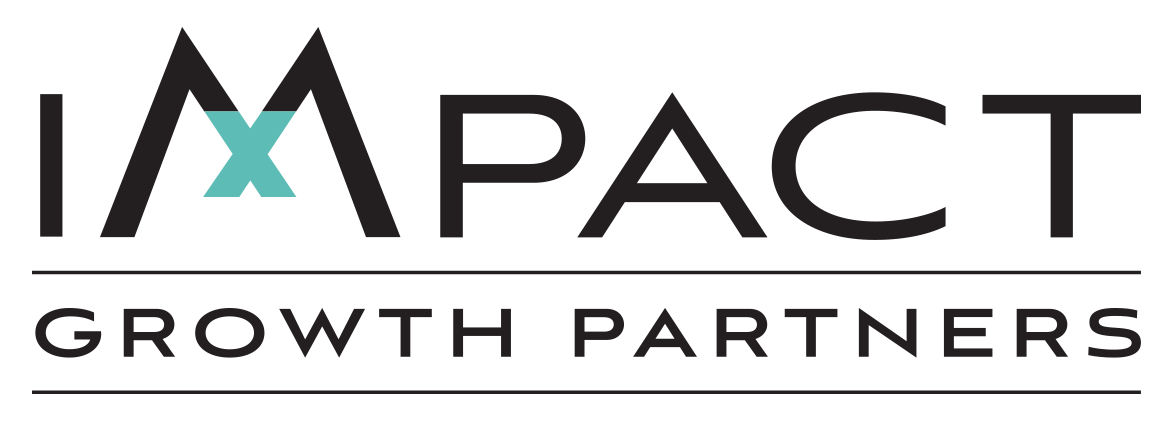Introduction to the New Standards
Since the inception of the B Corp movement, the standards by which B Lab awards B Corp certification have been an evolving product of B Lab’s mission to recognize companies that use business as a force for good. Every few years, B Lab reformulates the B Impact Assessment (assessment) to reflect this evolution, and releases a new version. In 2025/2026, B Lab plans to launch version 7 of the standards, which promises to be the most sweeping change to the B Corp standards yet. With the new standards, B Lab aims to raise the bar for the B Corp community by making the certification process more comprehensive than ever.
“The evolution of the standards for B Corp Certification is baked into B Lab’s DNA; we have revised the standards six times in the 17 years since B Corp Certification began.”
In this article, the first in a series on the new standards, we hope to introduce you to the major changes coming with the new standards to make sure that your company is fully prepared to certify or recertify when the time comes.
With version 7 of the B Impact Assessment comes a structural change in the way that companies will become certified. Rather than companies simply filling out the questions in the BIA, the certification process will now be split into Foundation Requirements and Performance Requirements.
Foundation Requirements
The foundation requirements aim to determine whether a company is eligible to obtain B Corp certification before they undergo the process of fulfilling the performance requirements. The foundation requirements are split into four categories: Eligibility requirements, Legal Requirements, Risk Assessment, and Impact Business model assessment.
Eligibility requirements are the basic criteria for determining whether a company can pursue B Corp certification. While these requirements have been reorganized into this new category, they remain unchanged from version 6.
These requirements confirm that a company is:
An incorporated business in operation for at least 12 months;
Not operating in an industry or managing practices considered to be materially acting against the Theory of Change and mission of the B Corp movement
Acting in accordance with applicable laws for operating its business, seeking and/or maintaining B Corp Certification;
Committing to not misrepresent information to B Lab to meet B Corp Certification requirements and other required submissions (e.g. additional disclosures, information related to complaints); and agreeing to be transparent on its certification performance through having a B Corp Public Profile
The legal requirements remain unchanged.
An LLC must amend its Operating Agreement or Articles of Incorporation to reflect the fact that it considers all stakeholders and a C/S Corporation must become a Benefit Corporation (if available in its state).
All companies must sign the B Lab declaration of interdependence.
The risk assessment is very similar to the current disclosure questionnaire, which helps to evaluate whether any aspects of a company’s operations are incompatible with the B Lab theory of change or would otherwise make them ineligible for certification.
The new risk assessment aims to help companies evaluate whether they are eligible for certification at the outset of the certification process, while the disclosure questionnaire under the current standards is filled out at the end of the assessment. B lab has not yet finalized the content or format of the risk assessment
Impact Business Model Assessment
Companies will have to fill out relevant Impact Business Model modules at this phase of the assessment, rather than during the main portion of the assessment as under the current standards. This represents a significant change from version 6 of the B Impact Assessment, where eligibility for impact business models was determined by a company’s responses within the main body of the B Impact Assessment.
Performance Requirements
The performance requirements represent the operational benchmarks a company needs to achieve in order to become certified. Under the current standards, a company must achieve a minimum of 80 points in the B Impact Assessment in order to become certified, allowing for flexibility in how companies achieve certification.
Under the new standards, all companies must fulfill minimum requirements across a range of impact areas in order to become certified.
These nine impact areas are:
Purpose & Stakeholder Governance (PSG)
Fair Wages (FW)
Workplace Culture (WC)
Justice Equity Diversity & Inclusion (JEDI)
Human Rights (HR)
Climate Action (CA)
Environmental Stewardship and Circularity (ESC)
Government Affairs and Collective Action (GACA)
Complementary Impact Topics (CIT)
Unlike version 6 of the standards, there are certain requirements that all companies must fulfill within each of these impact areas in order to become certified. Companies no longer earn points as they go through the B Impact Assessment, and they can no longer choose which section of the BIA to focus on to earn these points. This allows B Lab to ensure that all certified B Corps are meeting a minimum level of performance across all impact areas to become certified.
The new standards will continue to reward companies that excel in particular impact areas through the Impact Business Models, but it is more important than ever to ensure that all aspects of a company’s operations live up to a baseline level of performance.
Our consultants are working closely with B Lab to develop expertise on the new standards before they are released to the public, allowing us to ensure that our clients are well prepared for the coming changes to the B Impact Assessment before undergoing the certification or recertification process.
Are you interested in certifying? Schedule a free consultation to learn how IGP can help you in your certification/recertification.
Future articles in this series will dive more deeply into specific impact areas to demonstrate how the new standards will impact B Corp certification.


